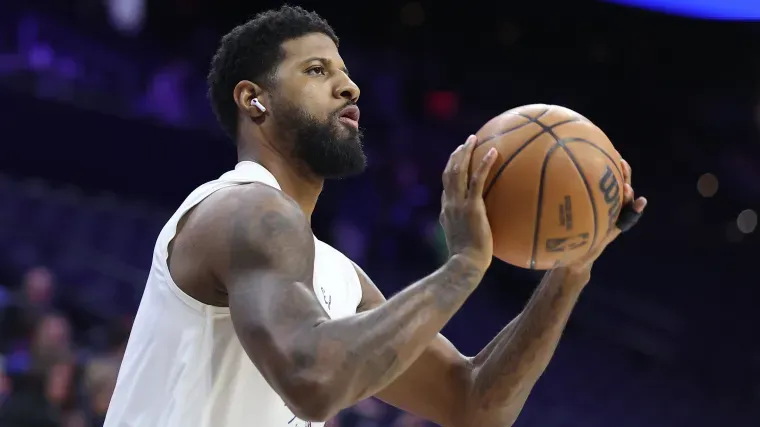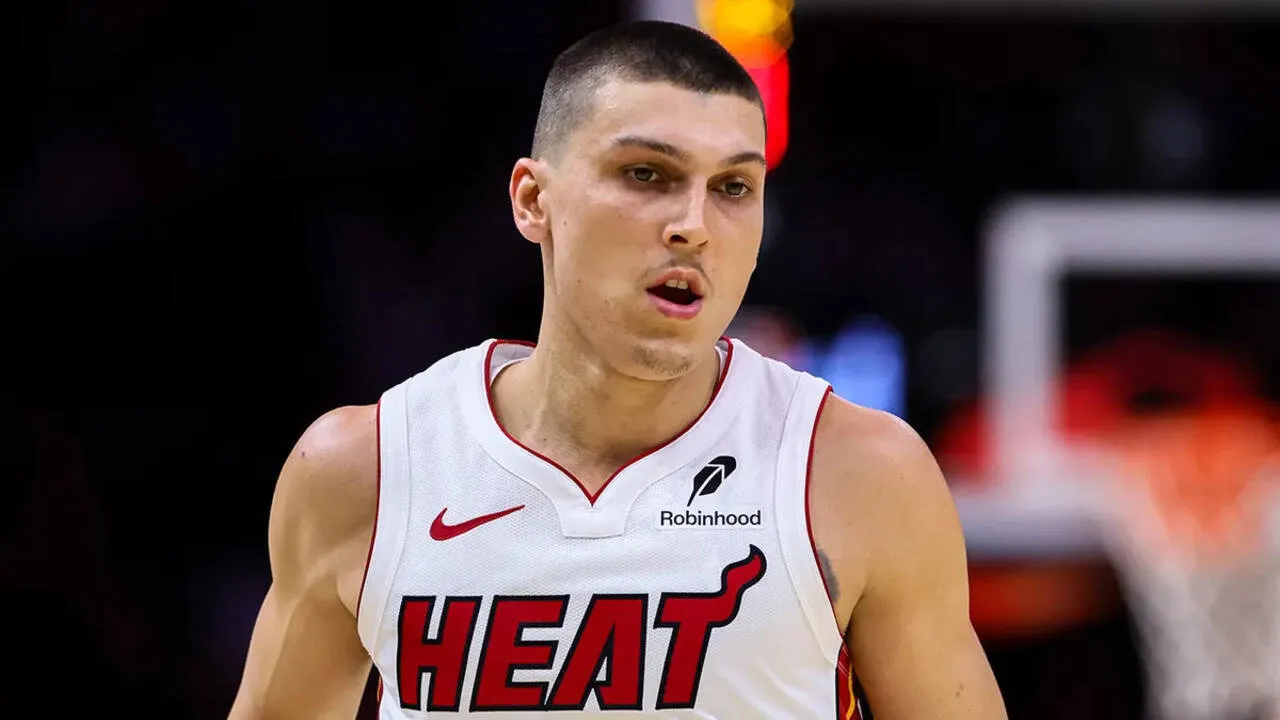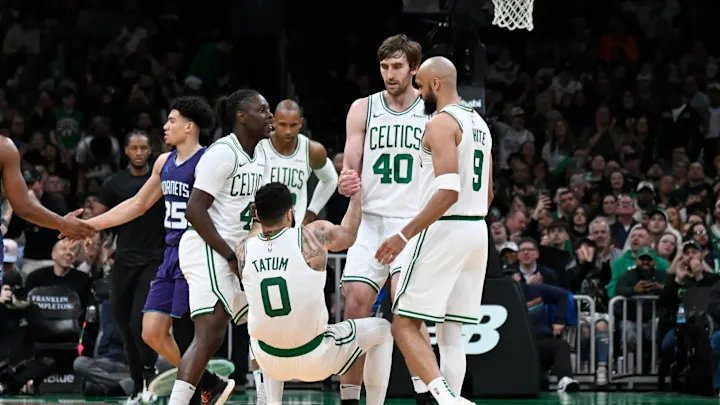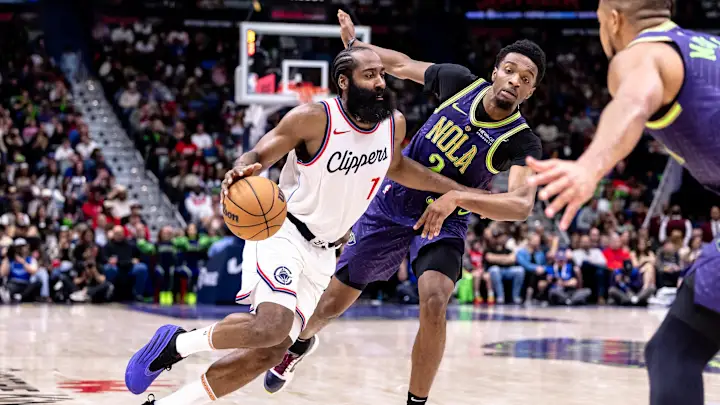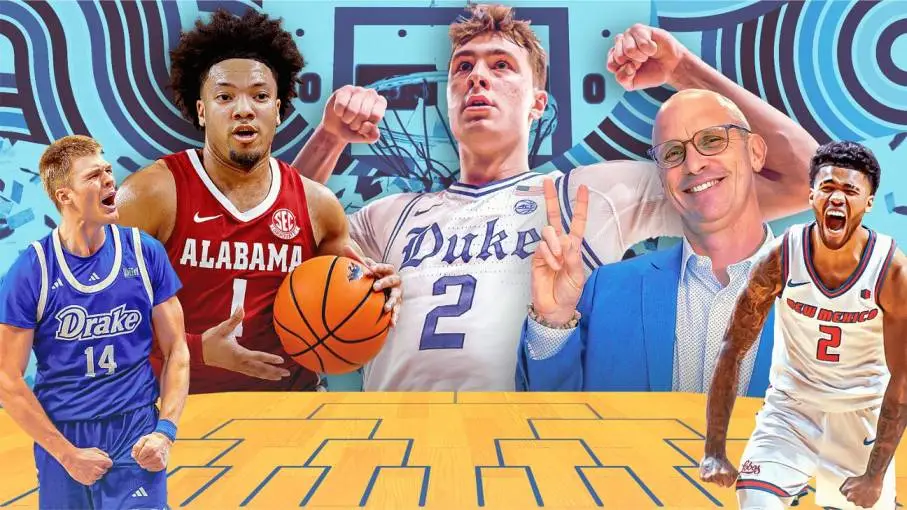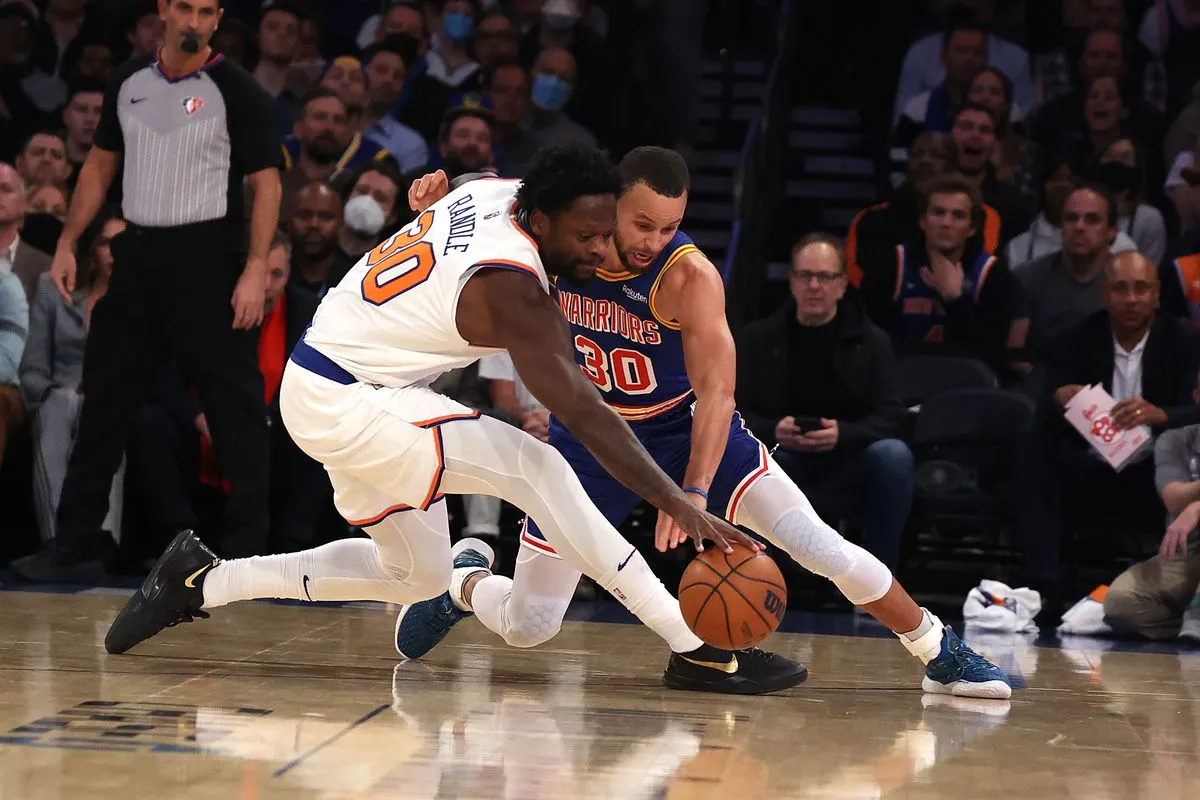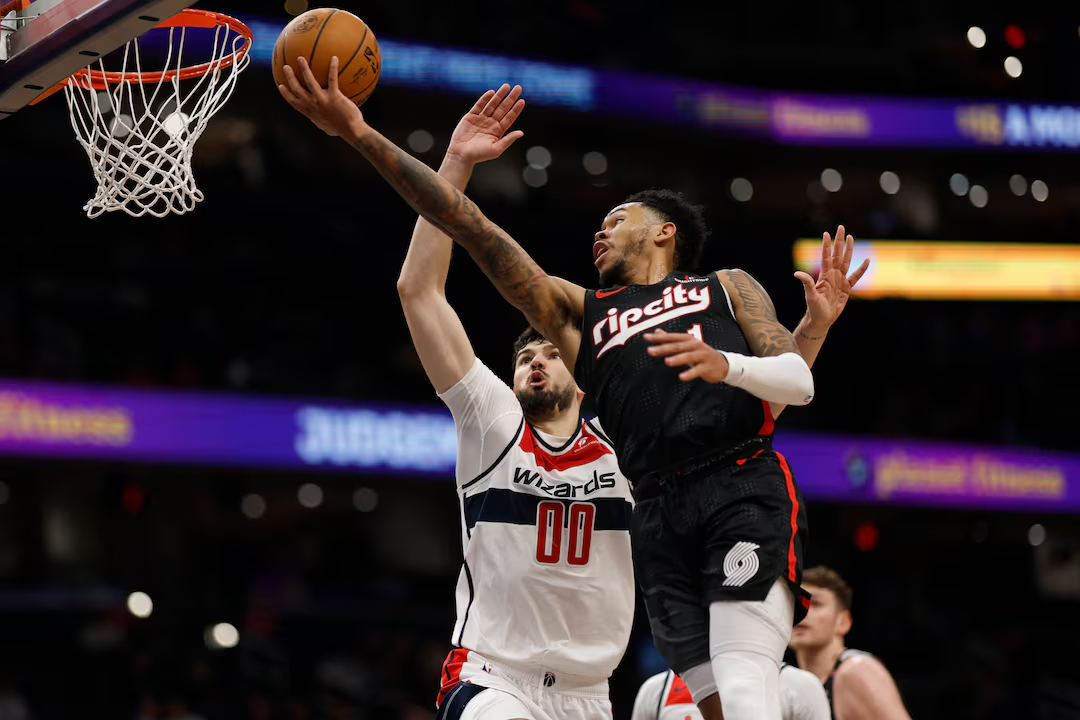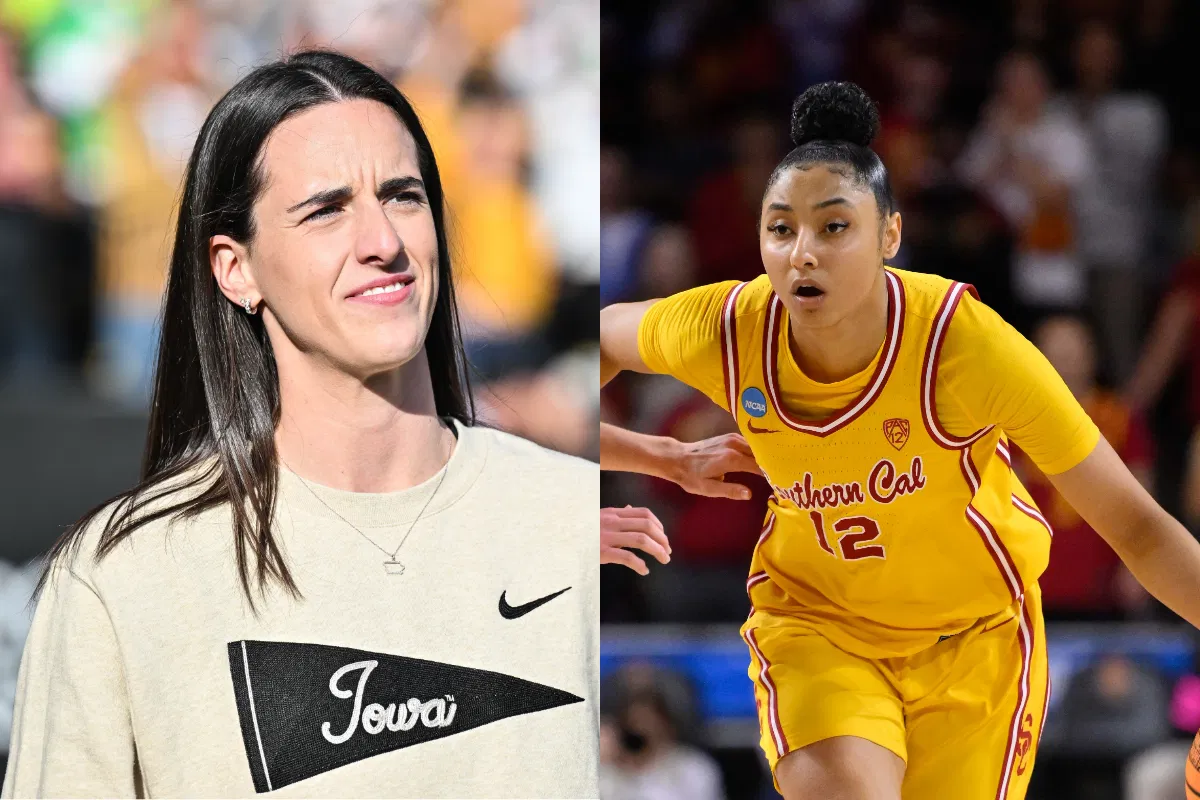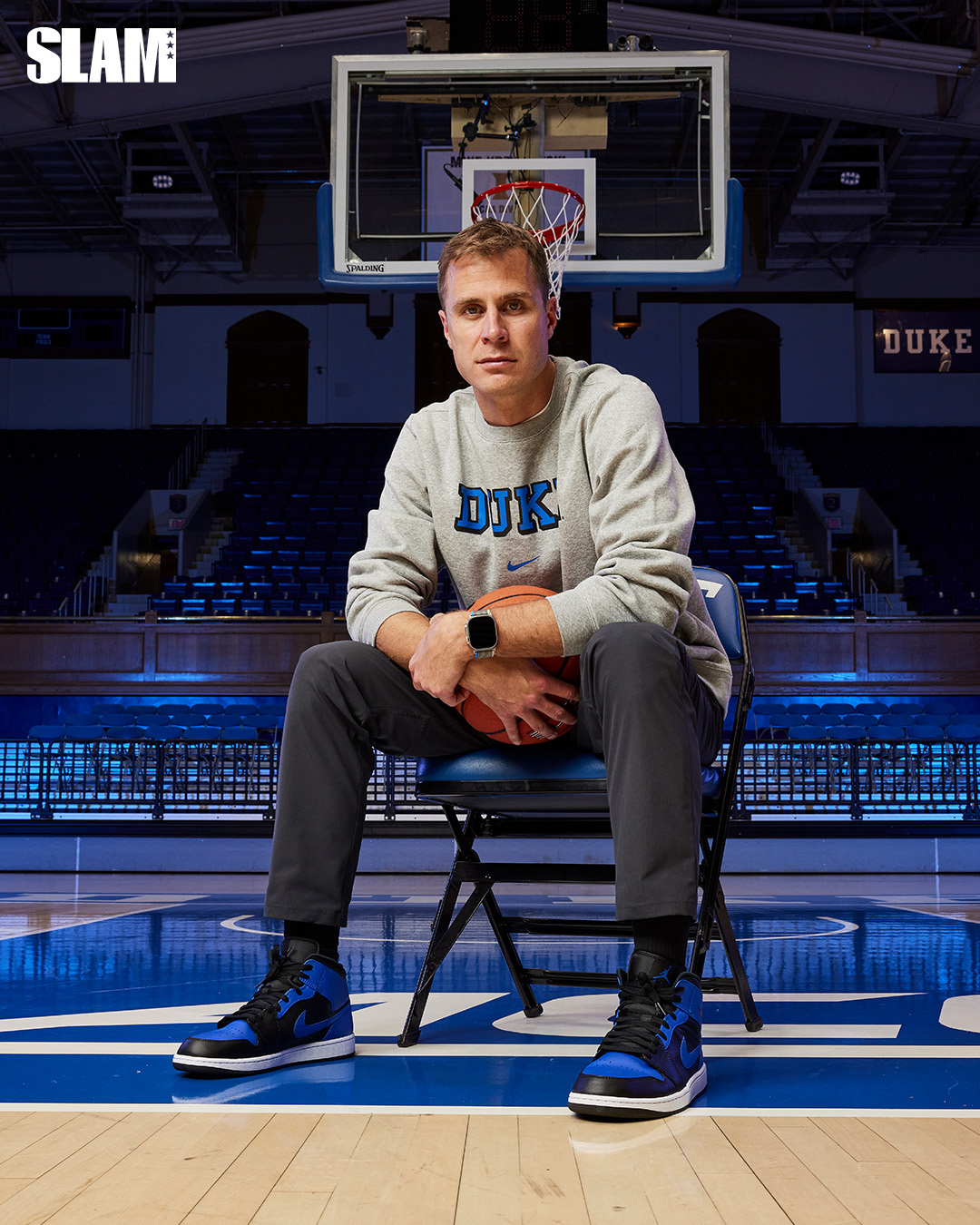
Duke Men’s Basketball Head Coach Jon Scheyer Talks Advice from Coach K and Dealing with Expectations
The stage was June 2, 2021. It was one of those “where were you when…” days for hoop fans wideness the globe. On that Wednesday, the world not only found out that the winningest mentor in the history of higher basketball was stepping yonder from the game for good without the pursuit season, but moreover who would be taking over as Duke’s next men’s basketball throne coach—the first time in over 40 seasons that the program would have someone not named Mike Krzyzewski at the helm.
For years, speculation virtually who would replace Mentor K ran rampant. There were 2,000-word think pieces that tapped lanugo the list of suitors and aimed to predict this historic passing of the torch moment.
But when the day finally came, it was Jon Scheyer who was swabbed as the chosen one. The former Duke guard, who was a McDonald’s All- American in 2006 surpassing helping lead Duke to a national championship in 2010 (a season in which he led the Blue Devils in scoring with 18.2 points per game), has spent the past eight seasons as an teammate or socialize throne mentor in Durham. He’s been a part of two of Duke’s five national titles—aside from the one he earned as a player, he moreover won a tweedle in 2015 as a coach.

In early October, we unprotected up with the new squatter of the program to discuss expectations, getting settled into his new role, hooping with alumni, tennis matches with the staff and so much more.
SLAM: Stuff throne mentor at Duke must be a surreal experience. When did it start to finger real for you, and what was that “this is really happening” moment like?
Jon Scheyer: I think when to when I got the phone undeniability from [VP, Director of Athletics] Nina King telling me I was going to be the next Duke throne men’s basketball coach. It was an incredible feeling, but I think the first time that it really felt real was the printing priming that I had. Mentor K had a printing priming the day before, talking well-nigh his retirement and his plans. And then the next day, I had a printing priming to signify I was going to be the next throne coach. I walked out here and just seeing the crowd, seeing all the people that were there, it was pretty surreal, pretty special feeling, but that’s when it really felt real, like, this is happening.
SLAM: What was Day 1 on the job like for you? What was the order of tasks for that first day?
JS: Day 1, you’re trying to icon out, first and foremost, who you have coming when on the team, which for us this past year wasn’t many guys. So, hitting the ground recruiting-wise, but moreover figuring out who was coming back, considering we had several players who had decisions to make, whether they were going to the NBA typhoon or whether they were coming back. And the second piece, which is happening simultaneously, is you’re figuring out your staff, and we’re really fortunate to have some unconfined hires this offseason. There were discussions stuff had and timing, so both of those things were most important for me [on Day 1]. I unchangingly start with “who” surpassing you think well-nigh “what,” and so getting the right people was really the biggest and most important thing that first day, and really for the first few months on the job.
SLAM: What is the weightier piece of translating Mentor K has given you during this transition period?
JS: The weightier translating he’s given me is the same when he coached me when I was a player, but really on Day 1 when I found out I was getting the job, he just pulled me whispered and said, Be yourself—know that I support you no matter what you do, how you handle yourself, what decisions you make, considering he’s well enlightened that I’m not him, and if I try to be him, I wouldn’t be very successful. There’s only one Mentor K, just as there is one Jon Scheyer. So, for me, the worthiness to be myself as a player here, it’s really been the same thing as a throne coach—just to follow my instincts. I’ve been prepared for this, stuff slantingly Mentor K for a long time. I’ve worked for this. Really just trust yourself and trust your instincts. That’s something I promised myself I would do from Day 1 and I’ll unchangingly do that as long as I’m the throne mentor here.
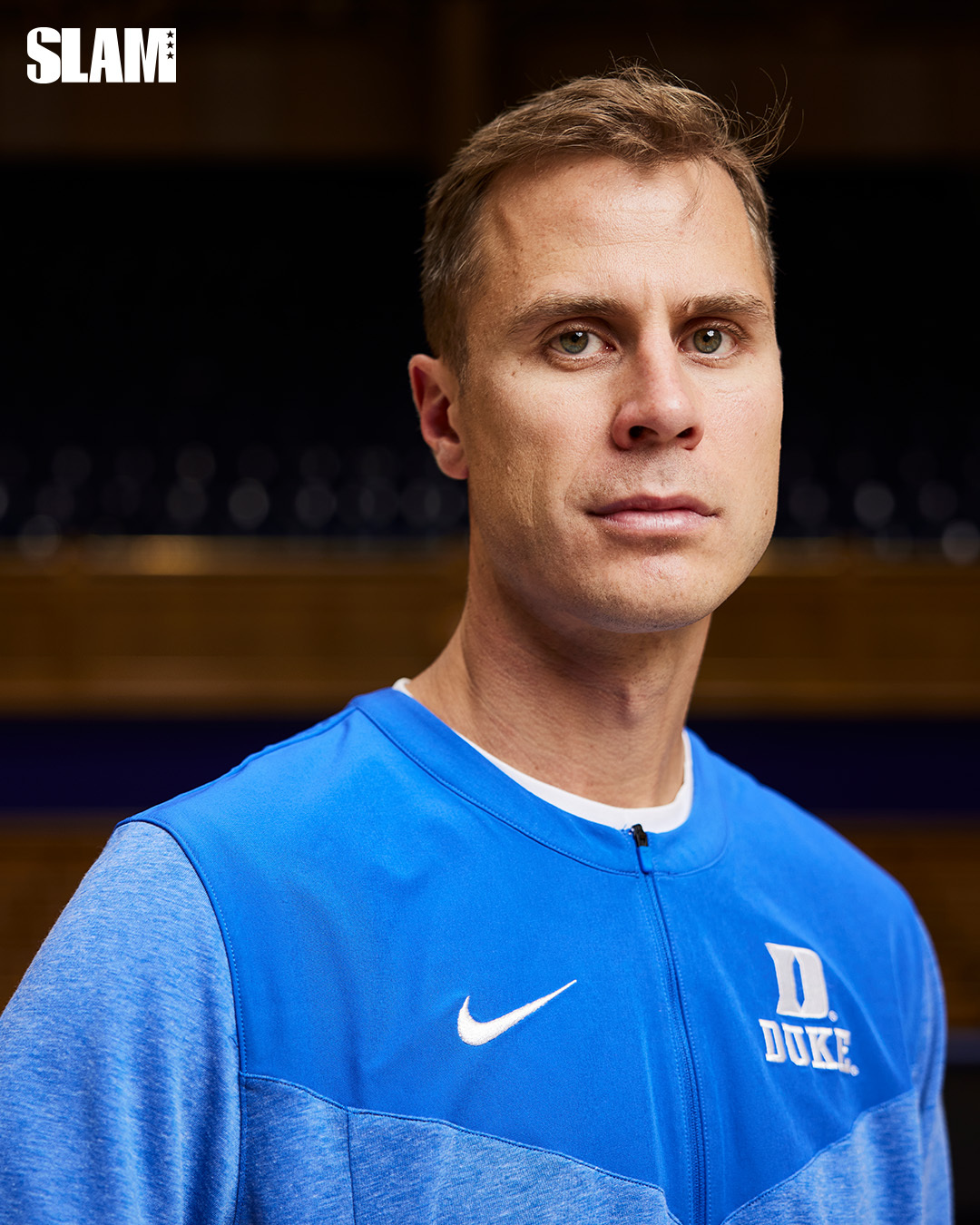
SLAM: Looking when on your playing days, what was your favorite moment or game while wearing a uniform at Duke?
JS: Probably the moment I’m most proud of is when we write-up Baylor to go to the Final Four. We played a Baylor team that was really good—LaceDarius Dunn, Tweety Carter, Ekpe Udoh, Quincy Acy—they had a front line of 7-0, 6-10, 6-8. They were really, really good, and we write-up them in Houston. It went lanugo the stretch. We felt like once we won that game—you know, it took us three-and-a-half years to get to that point; we lost in the first round, we lost in the second round, we lost in the Sweet 16. So, for us, we were climbing a mountain. Once we write-up them, I think all the pressure went yonder and we could just play. And we write-up a really good West Virginia team in the Final Four, and we write-up Butler in an incredible championship game. But for me, vibration Baylor was a big-time win that I’ll never forget.
SLAM: You were known as the “Jewish Jordan” when in upper school—are there nature that earned you that nickname when in the day that you hope you can now use as a throne coach?
JS: The thing that I’m most proud of when I played, [and] hopefully now it’s not going to transpiration as a throne coach, but for me I would say the determination to get when up. I lost many games, but each time I lost, I felt like I was getting when up to win the next one. I never felt defeated, I never felt like we were going into a game we couldn’t win. Whether that was in upper school and we were playing Mike Conley and Greg Oden’s team or we were playing Kevin Durant in AAU, or whatever it was, I felt like we were going to win. That’s something I finger now as a throne coach. We’re going to play in some tough games, but I believe we’re supposed to win regardless of the outcome of the last game or regardless of who we’re going to play the next game…I think the success I had in upper school will show you that and moreover the path I took when I was a player here—proud of the worthiness to get up and fight and pursue championships, really.
SLAM: Have your players seen some of your upper school or higher highlights? Are they enlightened of how nice you were?
JS: I think they know. I’m not so sure if they know some of the stats. I do try to hit them with, I scored over 3,000 points in upper school, just so you know. I think I got most of our players in that stat. [The] 52 points in a game. They end up YouTubeing me and they see the 21 points in 75 seconds, and they’ll usually talk to me well-nigh that, although it’s funny to me that that game is brought up increasingly than any other game I’ve played, considering we lost. I was heartbroken without that game. So, when it’s brought up to me, I kind of chuckle and laugh considering I literally was a wreck without that game. But that’s usually the one they bring up and I’ll take it. At least I have YouTube. I could be like some of the other guys on the staff, and none of their highlights are on YouTube—I’m not gonna name names, but that is true [laughs].
SLAM: Whereas Mentor K was much older, you’re still in your mid-30s. Do you get on the magistrate with the guys and try to school them?
JS: Well, I don’t want to name names, but some of our NBA guys came when this summer. And I got out there and played some ones. I did win. It is on camera. I’m not going to name names, but I write-up three of our guys. If they overly say anything bad well-nigh me, I’m going to put it out in the universe. But until then, I have to alimony it a secret. I showed the mucosa to our team. I think they were pretty impressed overall. But I may retire without those wins versus [the] NBA guys.
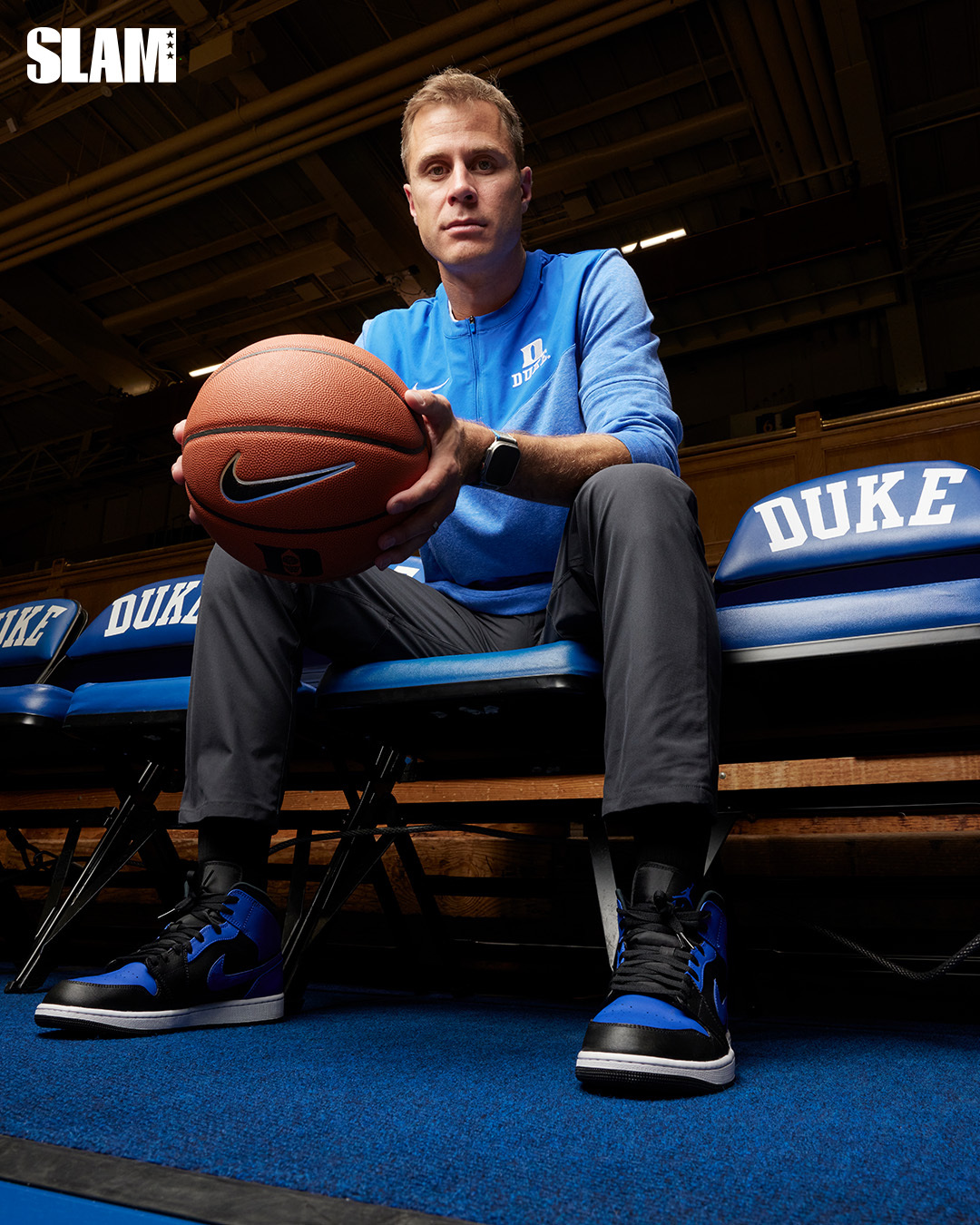
SLAM: So, these were one-on-one games with NBA players?
JS: One-on-one. Game to five. From the elbow. I’m just going to say, a couple of them are…you would know them. Let’s put it that way. You would know these guys.
SLAM: Interesting. How similar or variegated can we expect th—
JS: Jayson Tatum [cough cough]. Sorry, what? Go superiority [laughs].
DUKE REP BEHIND THE CAMERA: Ask him one increasingly time and he’ll definitely show you the footage!
SLAM: We definitely will without this interview.
JS: [laughs]
SLAM: How similar or variegated can we expect the style of play to be this upcoming season in comparison to how it was under Mentor K?
JS: It’s nonflexible to say exactly what’s going to be variegated with the style of play. I think we have a variegated team, so we have to play differently. We don’t necessarily have a team where we’re throwing the wittiness in the post. We have some guards that can really play in pick-and-roll. We have an sturdy team where we can get out in transition, but we definitely do want to play fast. Stuff a leader on the defensive end and pressuring the wittiness is important, but moreover protecting our basket. I can’t tell you exactly what the similarities are, and differences will be considering there are some values I will unchangingly hold true to me that I learned here when I was a player. But, also, we have to protract to evolve and play to the strengths of our team. I think we have a very variegated group this year where we will play differently.
SLAM: We saw you were playing tennis when we arrived on campus. You were telling us you picked it up for the first time this summer.
JS: I’ve played tennis this offseason. I picked it up and the tennis coaches are nice unbearable to let me get out there. Now that the season is starting, that’s going to happen less and less. I’m not sure if I’ll plane play during the season. For me, I’m big on getting outside, and fortunately we live in North Carolina and not in Chicago, where you can unquestionably get outside in November and January and February. For me, playing tennis, going for walks, once in a while I’ll play a pick-up game—basketball—but those days are numbered for me. It’s mostly well-nigh getting outside, getting some fresh air, just getting my mind off of things. That’s been important for me to do. I’ll get outside here and there to make it happen.
SLAM: Do you play doubles or singles?
JS: I play doubles. We have some staff games that we play. Jai Lucas is pretty good. Amile Jefferson is alright. I’m probably the second weightier on the staff next to Jai. We have some unconfined competitions. Me and Jai are neck and neck, but he’s just barely whilom me—we have some battles.
SLAM: Who’s usually your teammate?
JS: My teammate was Amile, but we go when and forth. I’ve never played with Jai considering me and him are right there. But it’s Amile, Zach Marcus on our staff, Mike Schrage—those are some of the guys that have played with us.
SLAM: Who would you say is your tennis player comparison?
JS: For me, I model my game without Rafael Nadal. That’s how I model my game [laughs]. I can’t plane say that seriously. I do, though, I do. Yeah, Rafa for me. How he never gives up on a play. The games don’t go on long unbearable for me to rally when and forth, but I unchangingly try to get the point. I respect Rafa. He’s maybe the GOAT. Him and Roger [Federer] are my two favorites.
SLAM: Some say Mentor K is the GOAT. How are you dealing with all the expectations? Pursuit him is no easy task.
JS: I’ve learned in the short time I’ve been throne mentor that it’s important to take superintendency of yourself, to have things that make you personally happy, where you get workouts, your mind is fresh, considering how you are in a daily understructure with your team, the person you [are], they can take on.
As far as expectations go, nobody has higher expectations for this program than I do. I’m nonflexible on myself. I unchangingly evaluate every single day what I could have washed-up better, what I need to do to get largest for the next day. And that will never transpiration for me. I think when you are that way to yourself, it allows you to mentor others honestly and with transparency, [with] toughness and with love. And that’s something we plan on doing. We know it’s not going to be smooth sailing. We know there’s going to be setbacks, but just staying laser focused at getting better, attacking each day and stuff present. I really think the expectations or the success we want to have will take superintendency of itself.
Photos by Matthew Coughlin.
The post Duke Men’s Basketball Throne Mentor Jon Scheyer Talks Translating from Mentor K and Dealing with Expectations appeared first on SLAM.

